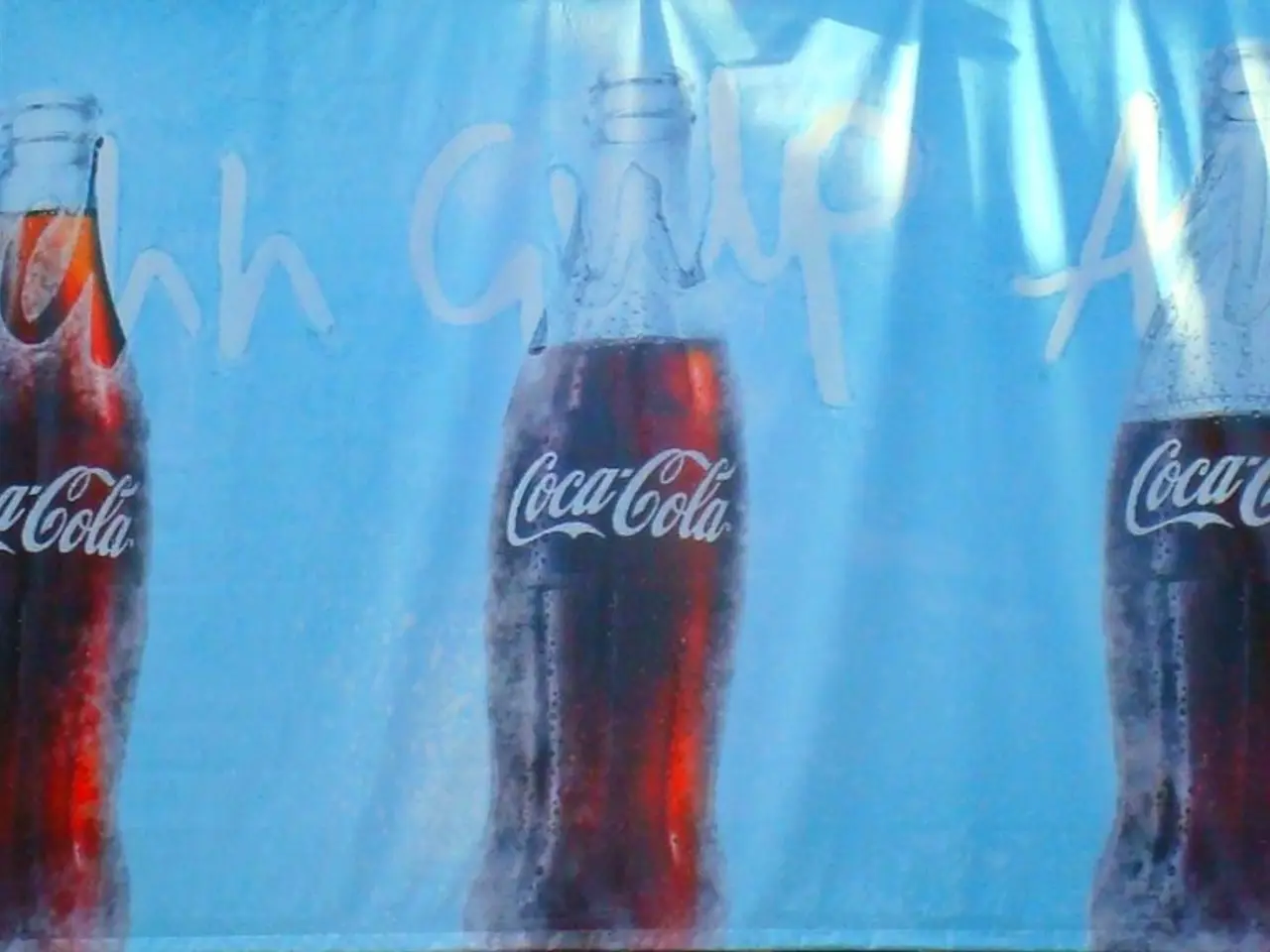Diverting Profits from Fashion Industry: Recycling Used Clothing Now Unviable as Business Strategy
The textile recycling industry in Germany is facing a significant crisis, with organizations like the German Red Cross (DRK) and Caritas reporting serious challenges due to market collapses and insolvencies of major recyclers such as Texaid and Soex. As a result, many collection containers are being dismantled or contracts terminated, as processors find no buyers for the collected textiles.
This trend is not limited to specific regions. The Aachen city region and Mecklenburg-Vorpommern are among the areas reporting this issue, according to the DRK. Nationwide, textile containers are being dismantled, with no end in sight to this trend.
Social organizations like the Maltese, DRK, and Caritas are partially withdrawing from the textile recycling business. Aktion Hoffnung, which bundles all collection activities of used clothing in the Diocese of Rottenburg-Stuttgart, is fearing for its existence due to falling prices on the used clothing market. The Church aid organization is also concerned about the increasing contamination of the containers, with dirty and damaged textiles often found, making them unusable.
Complaints about overfilled and rummaged-through containers are increasing for the Maltese Aid Service in Freiburg. Heavily soiled clothing items and even residual waste are ending up in the textile containers, according to a spokesperson for the city of Freiburg. This contamination is becoming an increasing problem, as stated by the same spokesperson.
The crisis is not just affecting the organizations but also the jobs associated with them. Aktion Hoffnung is at risk of losing 30 jobs due to the crisis, according to board member Anton Vaas, who stated that the current situation is acutely and existentially threatening the existence of Aktion Hoffnung.
In response to these challenges, municipalities and non-profit organizations are expressing concerns about the future of textile recycling. The number of textile containers provided by these organizations is decreasing, leading to a decrease in donation opportunities for the public.
This situation highlights the need for a solution to address the contamination issue and stabilize the textile recycling market. Until then, it seems that the crisis in the textile recycling industry will continue to impact organizations and jobs across Germany.
Read also:
- Peptide YY (PYY): Exploring its Role in Appetite Suppression, Intestinal Health, and Cognitive Links
- Toddler Health: Rotavirus Signs, Origins, and Potential Complications
- Digestive issues and heart discomfort: Root causes and associated health conditions
- House Infernos: Deadly Hazards Surpassing the Flames








